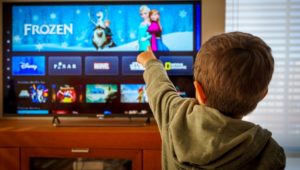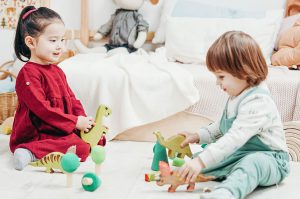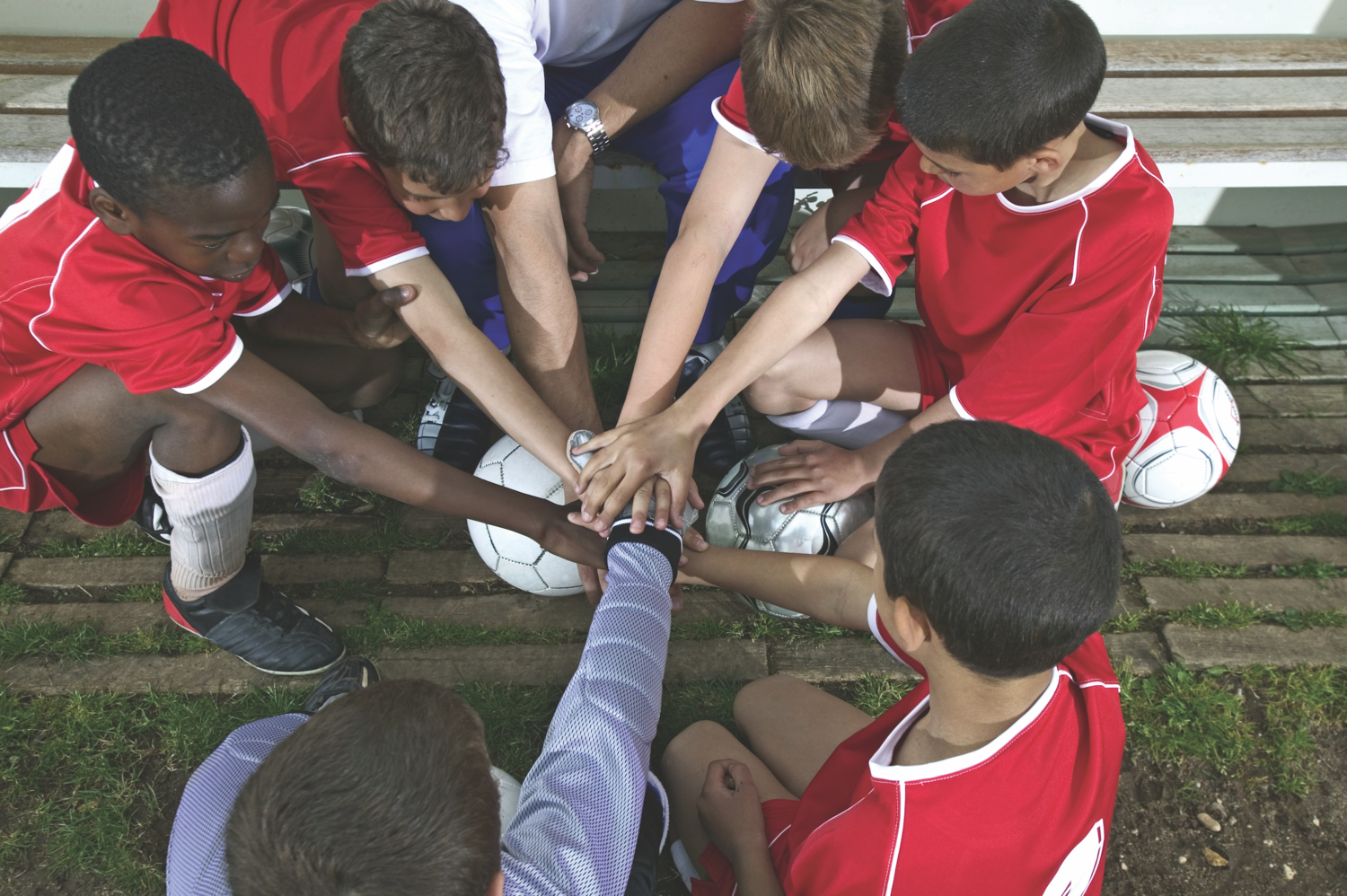

Children all around the world are struggling with their education. In order to allow young kids to thrive, more emotional management skills need to be taught to students by their educators.
Speaker Olympia Della Flora begins her TedTalk with an anecdote of one particular student from her school who was struggling. This student would regularly disrupt class, throw chairs, and regularly have fits, which would escalate so much to the point where the entire school would have to go on lockdown. The only options were to throw him out of the school, which would only make his behavior worse, or find out the root of the problem.
Della Flora then mentions how the education system often looks for a solution that is outside of the box instead of looking at what they already have inside the box. She found out that this child’s father was not in his life and his mother was working long shifts, so he had no stable adult figure in his life to connect with. As a result, he was really struggling to transition into the school system, so she figured out some techniques to ease his transition from home life into school life, such as creating a calm space for him in their time-out space and allowing him to help mentor the younger children at school
Other teachers started to incorporate these techniques that Della Flora was using in their classrooms and were able to be more proactive in their approaches. By teaching young kids coping strategies in order to help them regulate their strong emotions, you are setting them up with the skills to be able to self-regulate.
To watch the full Ted Talk, click here!
Alexandra Lagaros, UConn KIDS Research Assistant








